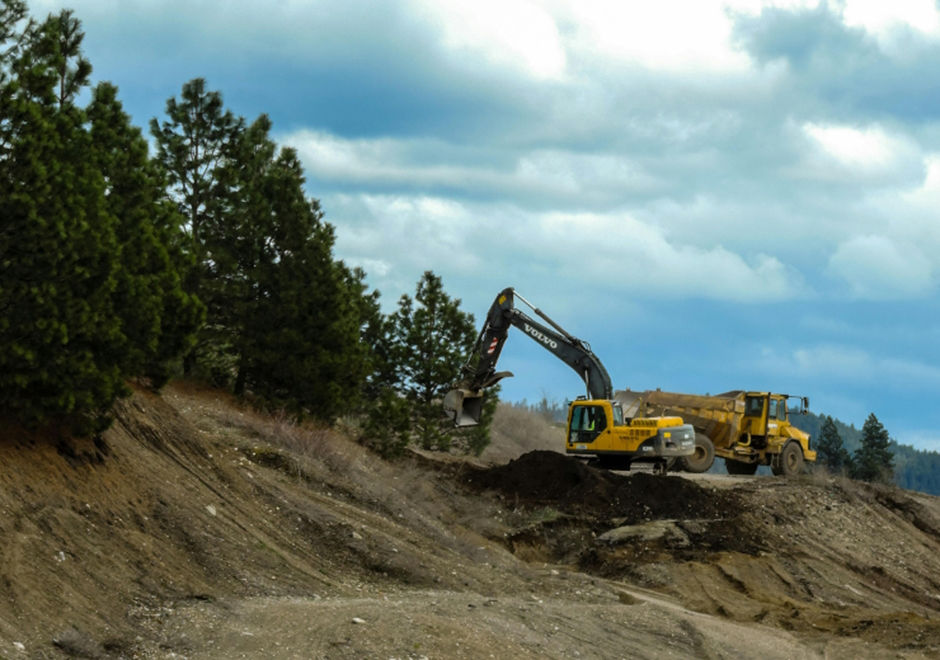Aggregates: What You Need To Know
- P. R. Weldhen
- Aug 6, 2020
- 2 min read

The chances are that unless you work in the building or construction industry, you might be unfamiliar with what aggregates are. However, if you look around you, pretty much everything you see involves an element of aggregates. This could be anything from streets, roads and pavements; the aggregates working as a glue which bind structural foundations together. In most scenarios, aggregates are created from large quantities of concrete, but it may be a shock to you that various forms of aggregates compromise loads of day to day things around us.
Lots of household items such as cleaning products, medicine, and fertilizers are made from an aggregate-type substance. Factoring this in, ‘aggregate’ is a pretty broad term. So what is this versatile material and what else is it used for?
What are aggregates?
60% to 75% of concrete's volume is made up of aggregate. It is an amalgamation of rocks, ranging from gravel to sand, forming a majority portion of the final concrete product. It’s essential to the mixture, and the properties of aggregate have a big impact on the final specification of the concrete itself.
The shape and size of aggregates:
To create the necessary concrete blend, it’s necessary that you be sure the aggregates are clean and do not contain any toxic chemicals or clay. As well as this, size and shape are also crucial. Quality concretes contain a range of sizes which will indicate the amount of cement and water that is required in the overall process. This also determines the workability and the end product’s durable nature. A jagged aggregate with a rigid edge makes up a mixture that needs less fluid to get the desired outcome.
Gravel aggregates
Gravel aggregates are made through a process of straining rock and smashing up pieces of stone. Gravel doesn't possess as much strength as granite, but it's more cost-effective to purchase in most cases. Another positive factor of gravel is that it has decreased radioactive content.
Secondary aggregates
These are created as a lower-cost alternative to limestone and granite - around half the price, but they are certainly not as strong. Secondary aggregates do possess a vast range of uses including road construction, reinforcing weak soils and as a large scale filler.
If you’re in need of aggregate delivery straight to your construction site, get in touch with the team at P.R Weldhen Plant Ltd. Our aggregates are premium quality at a reasonable price and are suitable for businesses, trade customers and DIY projects. We can serve both domestic and commercial customers with aggregate delivery straight to your location, so contact us to find out more.




Comments